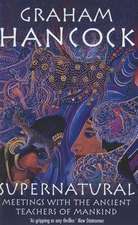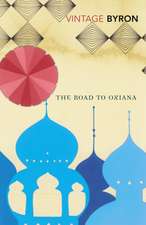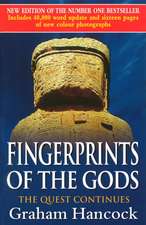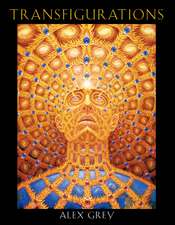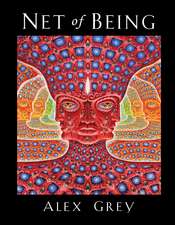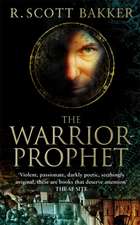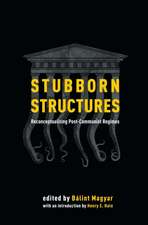The Road to Wigan Pier
Autor George Orwellen Limba Engleză Hardback – 31 mai 2008
| Toate formatele și edițiile | Preț | Express |
|---|---|---|
| Paperback (11) | 46.78 lei 24-35 zile | +15.37 lei 4-10 zile |
| Penguin Books – 2014 | 46.78 lei 24-35 zile | +15.37 lei 4-10 zile |
| OUP OXFORD – 7 ian 2021 | 47.69 lei 10-16 zile | +23.03 lei 4-10 zile |
| Flame Tree Publishing – 26 sep 2022 | 47.79 lei 3-5 săpt. | +13.60 lei 4-10 zile |
| Penguin Books – 25 apr 2001 | 48.46 lei 24-35 zile | +18.19 lei 4-10 zile |
| ALMA BOOKS – aug 2024 | 51.56 lei 3-5 săpt. | +10.04 lei 4-10 zile |
| CREATESPACE – | 69.33 lei 3-5 săpt. | |
| HarperCollins Publishers – 17 oct 1972 | 94.83 lei 3-5 săpt. | |
| TingleBooks – 2 sep 2020 | 110.05 lei 6-8 săpt. | |
| Delhi Open Books – 2 feb 2020 | 122.66 lei 6-8 săpt. | |
| Prabhat Prakashan – 17 iun 2017 | 144.07 lei 6-8 săpt. | |
| Vintage Publishing – 29 aug 2018 | 199.70 lei 6-8 săpt. | |
| Hardback (3) | 46.50 lei 3-5 săpt. | +29.75 lei 4-10 zile |
| Pan Macmillan – 3 mar 2021 | 46.50 lei 3-5 săpt. | +29.75 lei 4-10 zile |
| Benediction Classics – 16 noi 2010 | 176.12 lei 38-44 zile | |
| Lulu – 31 mai 2008 | 180.45 lei 6-8 săpt. |
Preț: 180.45 lei
Nou
34.53€ • 35.85$ • 28.79£
Carte tipărită la comandă
Livrare economică 25 martie-08 aprilie
Specificații
ISBN-10: 140921141X
Pagini: 156
Dimensiuni: 152 x 229 x 13 mm
Greutate: 0.38 kg
Editura: Lulu
Notă biografică
Débora Tavares (Introduction) has a master’s degree in George Orwell’s 1984 and a PhD degree about Orwell’s Keep the Aspidistra Flying and The Road to Wigan Pier, both from the University of São Paulo. She researches and teaches connections between literature and society, as well as Orwell’s writings. She has published a postface for a Brazilian edition of 1984, together with video classes for 1984 and Animal Farm.
Recenzii
Descriere
A searing account of George Orwell's observations of working-class life in the bleak industrial heartlands of Yorkshire and Lancashire in the 1930s, The Road to Wigan Pier is a brilliant and bitter polemic that has lost none of its political impact over time. His graphically unforgettable descriptions of social injustice, cramped slum housing, dangerous mining conditions, squalor, hunger and growing unemployment are written with unblinking honesty, fury and great humanity. It crystallized the ideas that would be found in Orwell's later works and novels, and remains a powerful portrait of poverty, injustice and class divisions in Britain.
Published with an introduction by Richard Hoggart in Penguin Modern Classics.
'It is easy to see why the book created and still creates so sharp an impact ... exceptional immediacy, freshness and vigour, opinionated and bold ... Above all, it is a study of poverty and, behind that, of the strength of class-divisions'
Richard Hoggart



